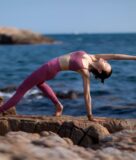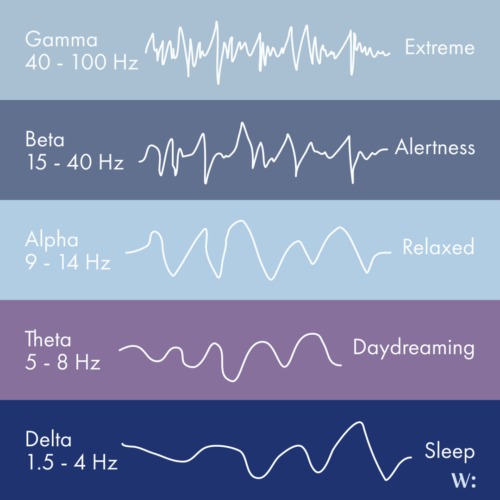Why we need muscle for a high-quality life
How do you define a high-quality life? Willbe. sees it as a combination of physical, mental, and social well-being. When going to the gym, we mostly think about our appearance and physical health. But this article will show you that the old proverb "A sound mind in a sound body" has a solid biological background.

Want to be healthy? Exercise
What do you think: do the molecules of “health and youth” actually exist? It’s unbelievable, but they do. They are called myokines and are made by our muscles.
"Myokines — magic molecules excreted from your contracting muscles. They improve metabolism, protect from diabetes and liver diseases, decrease chronic inflammation and make our body younger!"
So, when we exercise, our muscles get bigger and stronger. But that’s not the only effect. When the muscle contracts, multiple metabolic pathways are activated, and myokines are released, which affects all the health aspects. We are getting stronger and healthier outside and inside.
But the positive effects don’t end with the release of myokines. Exercising is the best way to improve mitochondria functions. Mitochondria are “powerhouses” of our cells, burning fat and carbs and giving us chemical (ATP) energy needed for all life processes.
Too tired to do a workout? Set aside time for at least a little exercise. Indeed, by loading the muscles, we spend a certain amount of energy, but in return, our mitochondria will give us much more!
Want to be clever? Exercise
Science completely refutes all jokes about “not-too-clever” athletes. Muscles strength and brain functions are tightly interconnected.
Aerobic exercise stimulates the development of new neurons, improves memory, neuroplasticity, and spatial navigation, and even rejuvenates the brain. How is it possible? While contracting, muscles synthesize a special molecule called BDNF (brain-derived neurotrophic factor). BDNF works like fertilizer for the brain, protecting brain cells and optimizing neuronal connections so that we can think faster.
A Stanford University study found that aside from memory improvement, walking also increases your creativity by 60 percent; getting your creative juices flowing also improves mood.
Do you think exercises take too much time? But agree improved memory and creativity lead to higher productivity at work and at home, which frees your time for exercising.

Want to be happy? Exercise
Here’s an easy way to put a smile on your face: Exercise. First of all, working out has been shown to reduce anxiety and depression. We have a “fight or flight” stress response inherited from our ancestors. Main stressors have changed: traffic jams and a grumpy boss are now more likely to cause stress nowadays, not a lion chasing us. But the mechanisms in the body are much more conservative. So when we run (or jump or do other workouts), our body thinks we are doing the right thing, and the lion will not catch us. So stress hormones drop, and the risk of heart disease declines. Moreover, it was shown that regular exercise is associated with emotional resilience to acute stress.
But by exercising, you not just reduce stress; physical activity makes people happy and even improves social involvement. So how it works?
Aerobic exercise — walking, running, biking and swimming — significantly increases serotonin production in the body. You need about 30 minutes to get the serotonin “high.” Serotonin is an important brain chemical that improves mood, as well as improves your sleep/wake cycle. Moreover, serotonin is a hormone of social status. By increasing your social status, you may increase serotonin. But the opposite also works. High serotonin (e.g. after exercises) reduces aggression, increases pro-social behavior, and makes you feel more self-confident.
So, want to be persuasive in a meeting? Make time for your muscles!
Want to be young? Exercise
Scientists are tirelessly looking for recipes for eternal youth. The molecule that has shown the largest life extension in mice is called FGF-21. Guess how we can get it? Yes, it is released by our muscles when they do work. And the benefits that our muscles give us don’t end here. Myokines, released by contracted muscles, decrease chronic inflammation, which leads to all chronic diseases, and ageing.
Which exercises are best for anti-ageing? All types have their own benefits. But regarding decreasing the inflammation level, moderate-intensity exercise, like jogging, swimming, or bicycling, was shown to be optimal.
So, exercising our muscles is probably the only known way to gain all aspects of good-quality life. Moreover, it is pleasant!
More from the magazine
Selected stories from our Team








